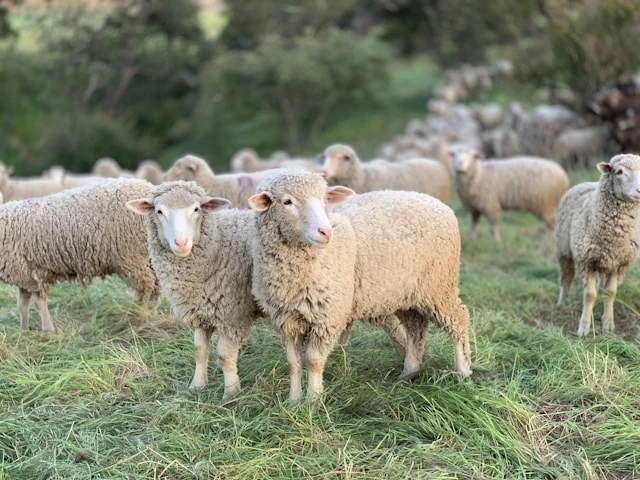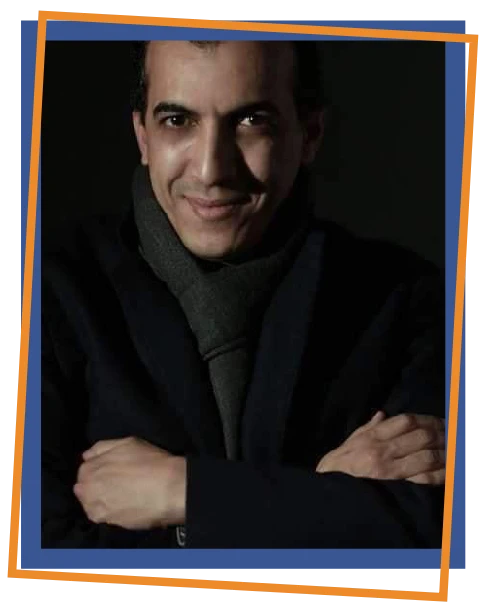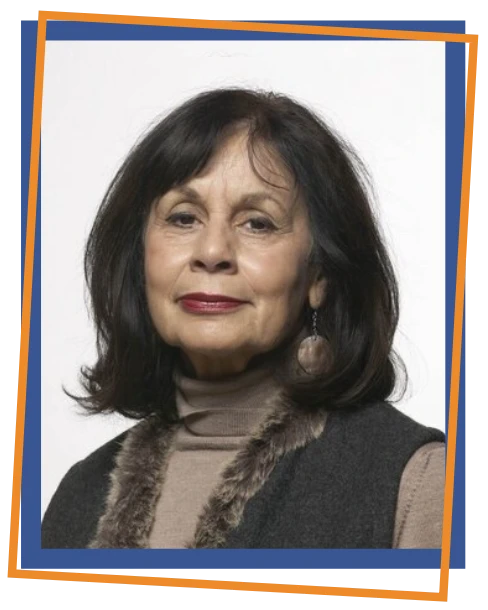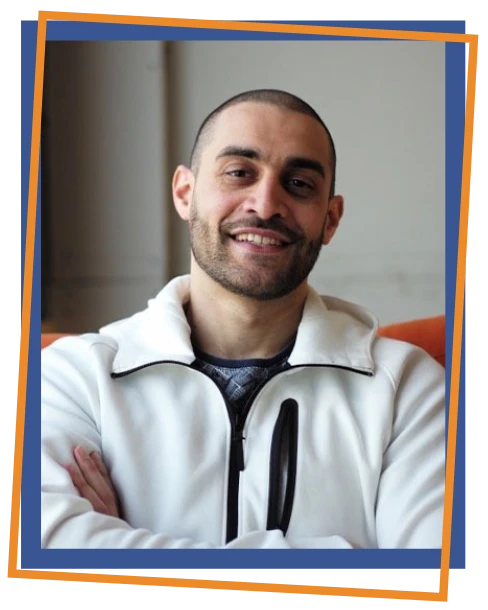Experts Advise Against Offering Live Sheep for Udhiya in Gaza for This Reason
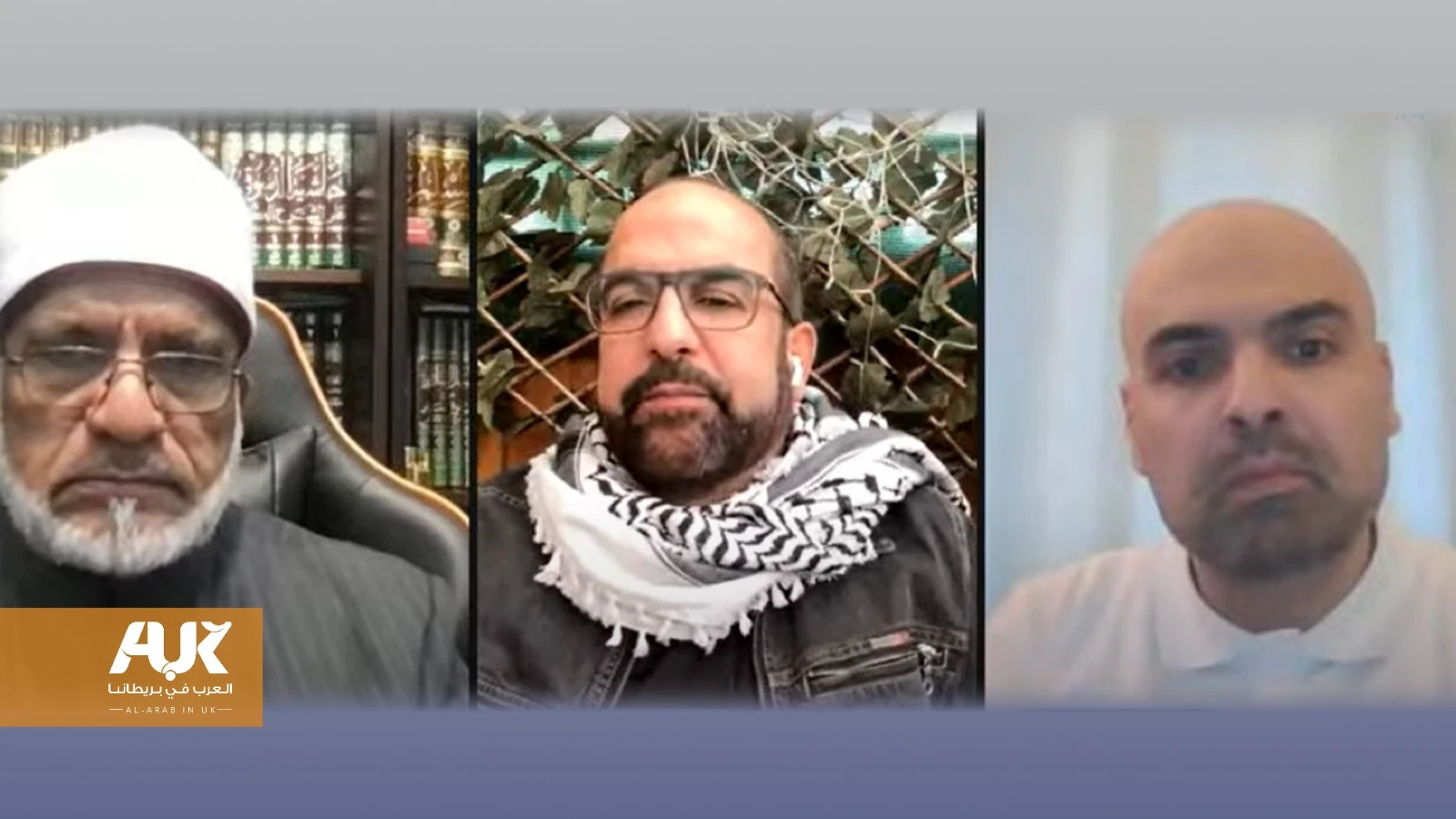
In an unexpected announcement, Waseem Khamaja, Deputy Director of Action for Humanity (AFH), revealed that their well-known charity will not be sending Udhiya to Gaza this Eid al-Adha, breaking from their usual tradition. The announcement came during a fundraising event organized by ِAl Arab in UK (AUK) on the evening of Wednesday, June 12, 2024. The campaign aimed to encourage donations for Udhiya in some of the poorest regions of the Islamic world.
The event was managed by Adnan Hmidan, head of the platform, and featured Sheikh Hussein Halawa, Secretary-General of the European Council for Fatwa and Research. It included video presentations about Action for Humanity’s projects and highlighted the urgent need for Udhiya among forgotten humanitarian cases, particularly mothers in northern Syria eagerly awaiting aid during Eid.
Khamaja explained that this year, the foundation is abstaining from sending Udhiya to Gaza due to the significant increase in costs and scarcity of livestock. He noted that most charities are struggling to meet their commitments in the region. Current estimates suggest that the cost of one Udhiya in Gaza, if available, would not be less than $1,700, and a calf would cost around $16,000.
Despite these challenges, Khamaja committed to continuing the provision of hot meals and canned meat to Gaza as long as possible. However, he emphasized the organization’s inability to ensure the delivery of a complete Udhiya as requested by donors. He argued that investing in hot meals or water, which can serve hundreds of people, is more prudent than spending large amounts on a single Udhiya that benefits only a few.
Sheikh Hussein Halawa supported Khamaja’s viewpoint on deprioritizing Udhiya for Gaza this year. However, he also encouraged the effort to provide these offerings in a frozen state, adhering to Sharia specifications, and advised against excessive expenditures on single Udhiyas.
Sheikh Halawa also stressed the importance for financially able Muslims in Britain to adjust their contributions based on the needs of the Islamic world’s most deprived areas. For example, if a Udhiya costs £250 in Britain and £85 in Somalia, he encouraged capable Muslims to consider providing roughly three Qurbanis in Somalia instead of one in Britain.
Khamaja highlighted that the prices for Udhiya in the most afflicted Islamic nations start at £85 in Somalia and can reach between £270 and £300 in the occupied West Bank, as detailed on the foundation’s website with a clear remote payment mechanism.
He confirmed that the foundation has secured enough Udhiya donations in the mentioned countries and called on Arabs and Muslims in Britain and globally to use this Eid al-Adha as an opportunity for solidarity, particularly to support the needy in Yemen, where famine threatens nearly 30 million people.
In his concluding remarks, Sheikh Halawa urged the Muslim community to continue supporting Gaza and its residents, who are making significant sacrifices for the entire Ummah. He reminded them not to overlook the suffering of people in Syria, Yemen, Sudan, Somalia, Iraq, Jordan, Lebanon, other Palestinian areas, and Afghanistan, emphasizing that Muslims should act as one in their efforts of benevolence and charity, especially during the blessed days of Dhul-Hijjah.
Read More:
ShortURL ⬇




